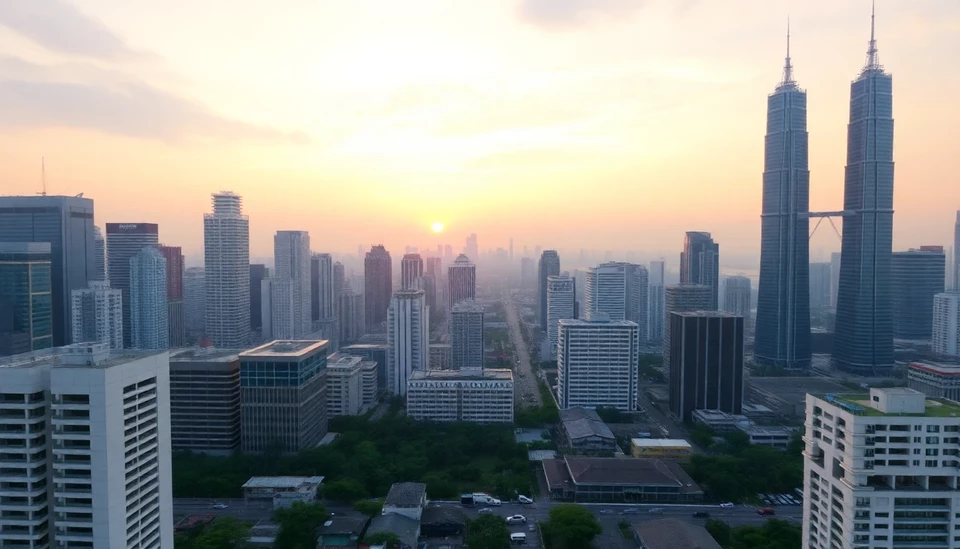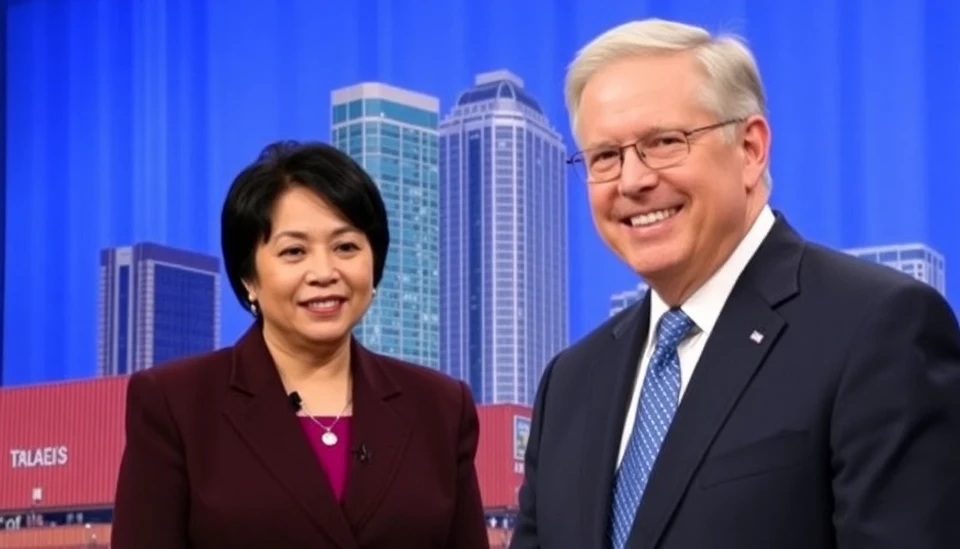
In a bold move reflecting optimistic economic forecasts, Malaysia has unveiled plans to gradually reduce its subsidy programs beginning in 2025. This strategic decision, shaped by an uptick in growth projections, seeks to enhance the nation’s financial stability while encouraging a more balanced fiscal policy.
The announcement comes amidst signs of strengthening economic performance, which has prompted the Malaysian government to reassess its extensive subsidy framework that has traditionally aimed to alleviate the cost of living for citizens. The expectation is that as the economy continues to pick up steam, the urgency of blanket subsidy measures will diminish, enabling the government to redirect funds to more sustainable growth initiatives.
According to Malaysian officials, the phased approach to subsidy cuts aims to ensure a smooth transition for both consumers and businesses. This foresight is especially crucial in light of the potential impact on lower-income families who have come to rely on these financial supports. Policymakers have indicated that any reductions will be implemented cautiously and will be communicated clearly to the public to mitigate adverse effects.
The move aligns with Malaysia’s broader economic strategy, which prioritizes long-term growth over short-term fiscal ails. By alleviating the burden of subsidies, the government hopes to stimulate economic activities that could generate greater revenues and foster private sector investments.
Malaysia's economy has shown resilience, with forecasts suggesting a rebound driven by strong external demand for its exports and an increase in domestic consumption. As the nation shifts its focus towards more sustainable economic practices, the reallocation of resources previously tied up in subsidies could pave the way for enhancements in infrastructure, education, and technology sectors.
The government has assured that essential services and welfare programs will remain intact, and that support mechanisms will be recalibrated to assist the most vulnerable populations during this transition period. This balanced approach emphasizes the importance of both fiscal responsibility and social welfare, aiming to create a more prosperous environment for all Malaysians.
Stakeholders in the economic landscape are observing this policy shift closely, as it may set a precedent for other governments in the region grappling with similar challenges. With Malaysia taking the lead in adapting its fiscal measures in response to growth dynamics, it may inspire neighboring countries to consider similar reforms.
As Malaysia braces for this significant policy evolution, the focus will remain on ensuring that the socioeconomic benefits of growth are widely distributed and that the path forward is inclusive for all segments of the population.
#Malaysia #EconomicGrowth #Subsidies #FiscalPolicy #SustainableDevelopment
Author: Rachel Greene




